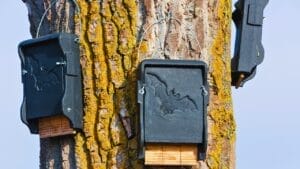People have been saying for years that bats don’t really help much with mosquitoes. The thinking was that they just don’t eat enough of them to actually make a difference. Plus, earlier studies said bats seem to prefer other bugs anyway, like beetles and moths, stuff with more weight to it.
But now? A new study out of the University of Wisconsin-Madison might be changing that. Researchers there are saying we might’ve underestimated these little guys.
Turns out, bats could be more into mosquitoes than we thought, and maybe actually useful when it comes to keeping them in check.
Debunking the Myths
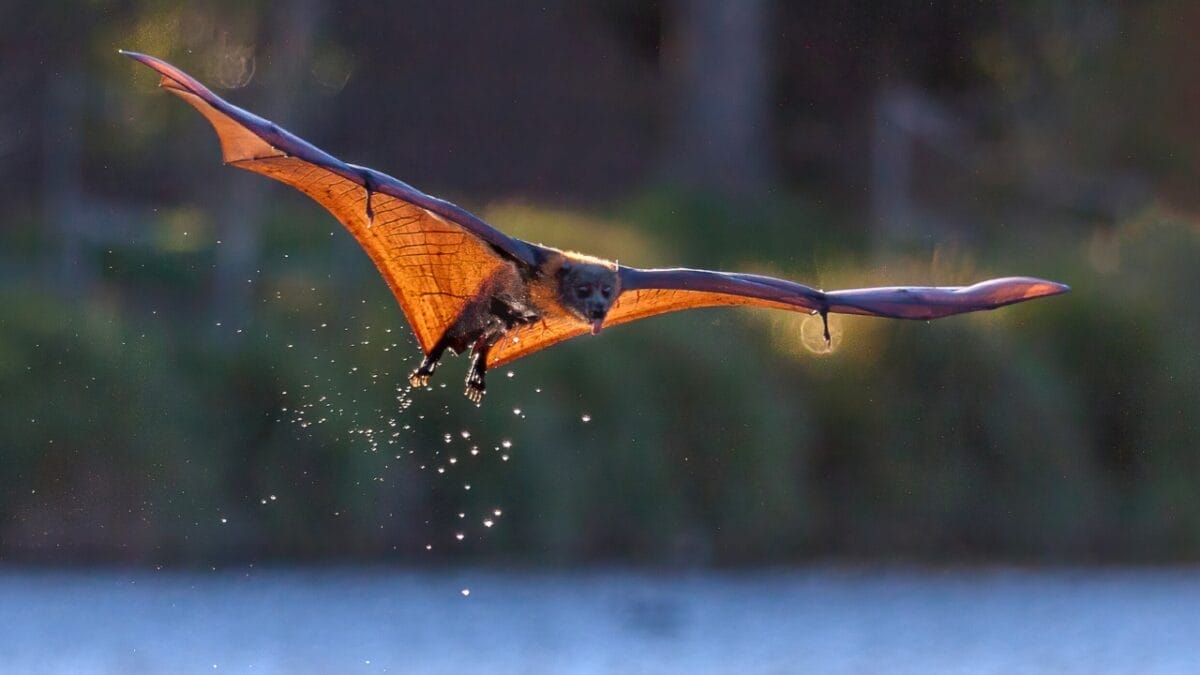
A lot of the doubt around bats being useful mosquito hunters comes from just a few studies that shaped how people think about what bats really eat. One of the most cited studies, back from the 1960s, claimed bats could eat up to 1,000 mosquitoes in a single hour ¹.
But here’s the thing—those bats were stuck in a room with nothing but mosquitoes to eat. Not exactly how things work out in the wild. In their natural environment, bats have access to all sorts of insects, so they’re not just snacking on mosquitoes all night.
Other research looked at what bats actually leave behind, and found mosquitoes make up only a tiny bit of their diet ². Some bats, like the big brown bat, actually go for beetles and moths more often.
So based on that, people kind of wrote off the idea of bats helping with mosquito control, figuring they just don’t eat enough of them to matter much.
New Evidence Emerges
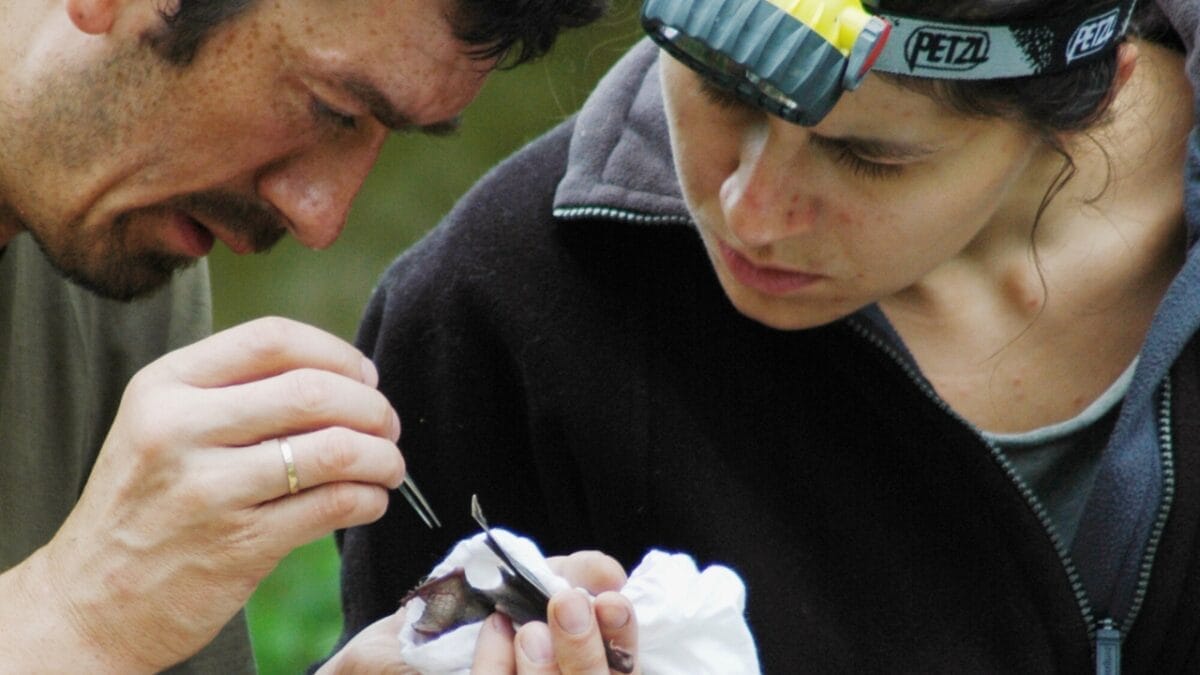
So here’s what the team did. Led by Amy Wray, they collected bat poop (guano, if you wanna be fancy about it) from 22 different spots across Wisconsin. Then they ran DNA tests on all the samples to see if any mosquito bits showed up.
The study’s published in Journal of Mammalogy if you want the technical version ³.
And yeah, the results were kind of a surprise. Little brown bats were eating mosquitoes at every location they checked. Mosquito DNA turned up in nearly 72 percent of all the samples from that species.
Big brown bats were eating them too, just not as often, 33 percent of their samples had mosquito DNA, and that was spread across about half the sites.
But it wasn’t just how often they were eating mosquitoes. What really stood out was the variety. Bats were going after all kinds of mosquito species, including the ones that carry nasty stuff like West Nile virus.
Which raises a new possibility: maybe bats are doing more than we thought to help keep mosquito-borne diseases from spreading. Nobody really noticed it before because we weren’t looking closely enough.
Implications for Mosquito Control
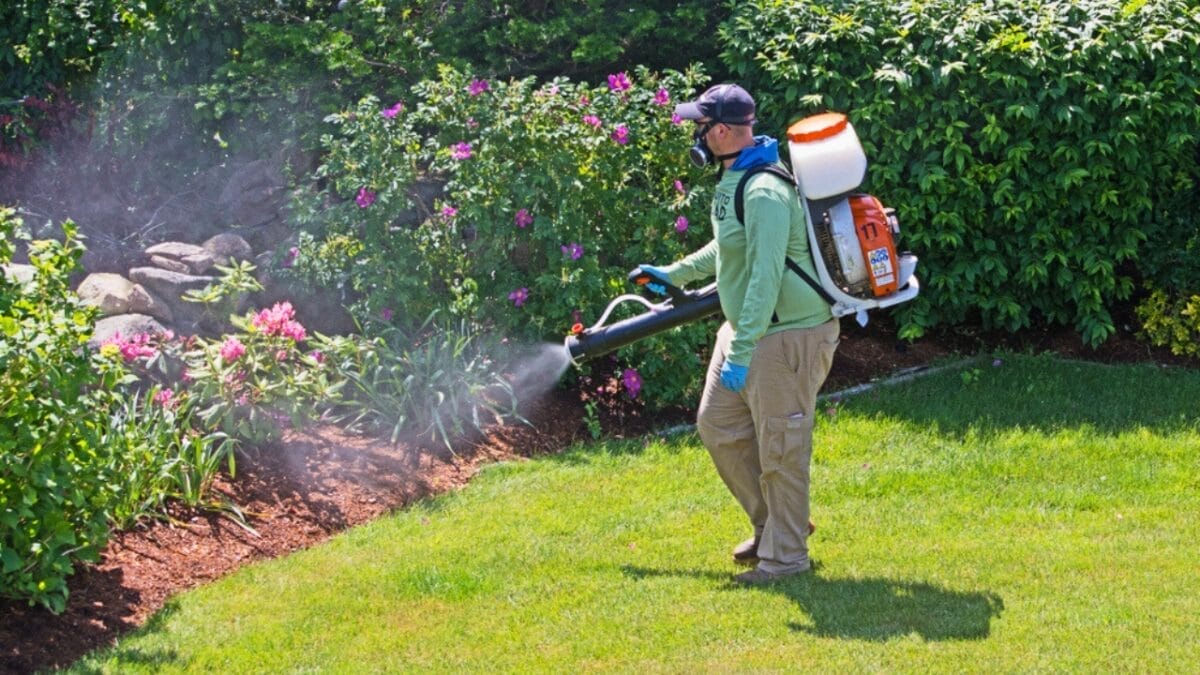
This study doesn’t really prove that bats can fix the mosquito problem by themselves. Thats not what it shows. But its enough to maybe make people rethink how much bats might actually help. Like, it’s not nothing.
One of the researchers, Claudio Gratton, said its just a first step. He said this might lead to more questions about bats and weather they actually matter more for mosquito control than we thought. And if thats true, it could be a bigger deal for public health then people realize.
It also kinda makes you think about whats already happening to bats. Alot of bat species are declining, some fast. Their losing places to live, wind turbines are messing with them, and white-nose syndrome is still a huge problem.
So if bats do help keep mosquito numbers down, and they keep dissapearing, that could end up making the mosquito situation worst. Which might mean more disease, depending how bad it gets.
That doesnt mean you just rely on bats though. You still gotta do other stuff. Like standing water needs to go—thats where mosquitoes lay there eggs. People should be planting citronella, lavender, marigolds, stuff like that.
Natural scents to, like lemon eucalyptus or peppermint or even tea tree oil. It all helps a little.
And if you put up a bat house, thats another thing. It wont fix everything, but when you use it along with the other stuff it adds up. Thats the idea. There’s not one solution.
But enough small ones working together can make a difference.
Building the Perfect Bat House
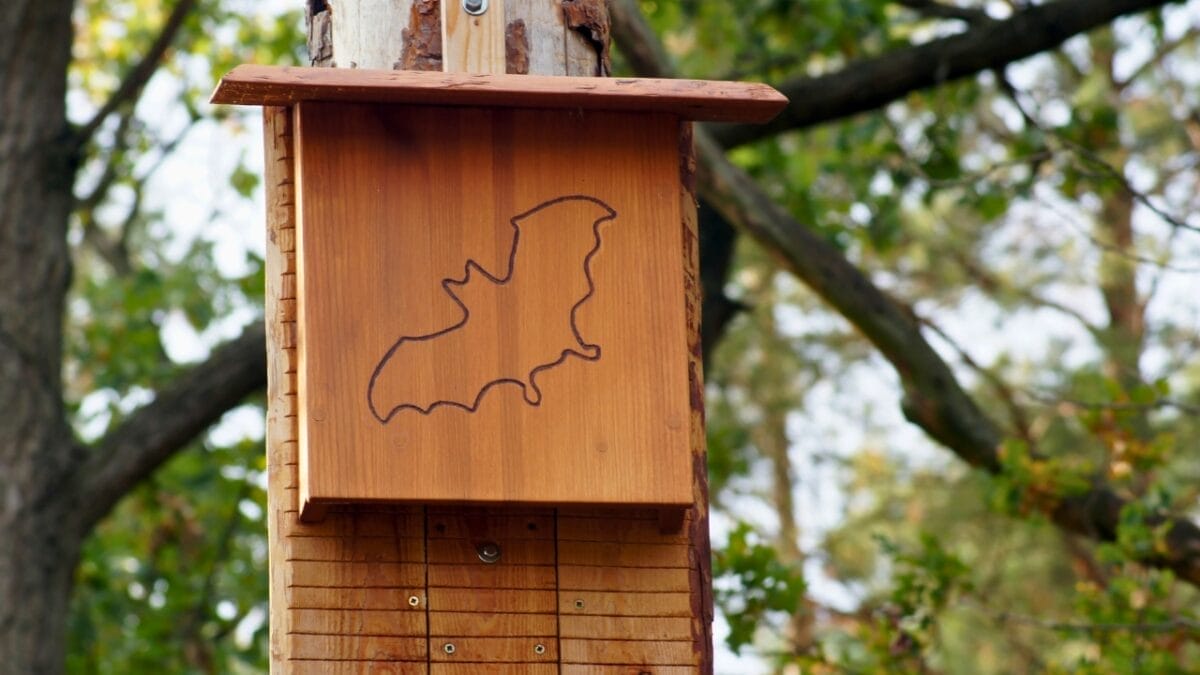
FoFor homeowners looking to take advantage of bats potential for mosquito control, installing a bat house can be a great way to attract these beneficial creatures to you’re property. Here are some tips for building an effective bat house:
- Size matters: Bat houses should be atleast 24 inches tall and 16 inches wide to provide adequate space and thermal stability. Smaller houses are less effective.
- Material choices: Use untreated wood, as chemically treated lumber can be harmful to bats. Avoid using fabric or mesh inside the house.
- Roughen up: Bats need a textured surface to cling too, so roughen the inside walls or attach horizontal grooves for gripping.
- Tight spaces: Keep chamber spacing between 3/4 to 1 inch wide, as bats prefer snug quarters.
- Location, location: Mount bat houses 10-20 feet high in a sunny spot that recieves 6-8 hours of direct sunlight daily, preferably facing east or south. Avoid placing houses near bright lights.
- Consider water: Most bat colonies choose roosts within 1/4 mile of water sources like streams, rivers, or lakes.
- Think multiples: Bats are more likely to move into an area with several houses grouped together, so consider installing 3 or more.
With a well-constructed and properly placed bat house, you can expect to start seeing residents within a few weeks to a year. Be patient, as it may take sometime for bats to discover there new accommodations.
A New Chapter in Natural Pest Management
The University of Wisconsin-Madison study gives us some exciting new evidence that bats might be way better mosquito predators then we thought before. While we still need more research to really understand how bats and mosquitoes interact, this study definitely challenges the idea that bats don’t do much for mosquito control.
As we keep looking for ways to deal with annoying mosquitoes and all the diseases they spread, its important to stay open minded about what role bats could actually play.
By supporting bat conservation efforts, building bat-friendly habitats, and looking into there potential as mosquito eaters even more, we might just find out that these amazing creatures are the unlikely heros we’ve been searching for in our fight against mosquitoes.
Sources
- sciencedirect.com/science/article/abs/pii/0003347260900221
- ncbi.nlm.nih.gov/pmc/articles/PMC3795000/
- news.wisc.edu/study-bolsters-bats-reputation-as-mosquito-devourers/
Davin is a jack-of-all-trades but has professional training and experience in various home and garden subjects. He leans on other experts when needed and edits and fact-checks all articles. Also an aspiring cook we he researches and tries all kinds of different food recipes and shares what works best.
